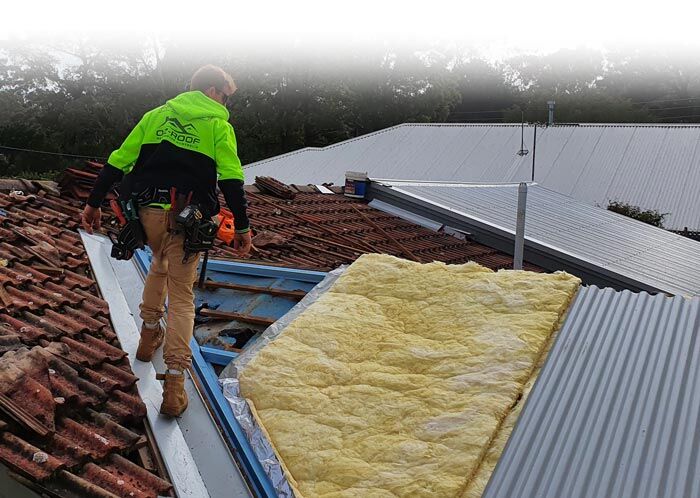When it comes to insulation materials, Rockwool and fiberglass are two popular choices. Both offer thermal and acoustic insulation properties, but Rockwool has emerged as the superior option in many aspects. In this article, we will delve into the reasons why Rockwool is better than fiberglass, exploring its advantages in terms of fire resistance, sound absorption, moisture resistance, and environmental impact.
- Fire Resistance:
Rockwool insulation is renowned for its exceptional fire resistance. Made from volcanic rock, it can withstand temperatures up to 2150°F (1177°C) without melting or releasing toxic fumes. In contrast, fiberglass insulation is highly combustible and can contribute to the spread of fire. This crucial difference makes Rockwool a safer choice for residential, commercial, and industrial applications. - Sound Absorption:
Rockwool's dense and fibrous structure enables it to effectively absorb sound waves, making it an excellent choice for soundproofing. Its high-density composition significantly reduces airborne sound transmission, creating a quieter and more comfortable environment. Fiberglass, although it provides some sound insulation, is less effective in absorbing low-frequency sounds. Therefore, Rockwool is the preferred option for applications requiring superior acoustic performance, such as recording studios, theaters, and offices. - Moisture Resistance:
Rockwool insulation is hydrophobic, meaning it repels water and resists moisture absorption. This characteristic prevents the growth of mold, mildew, and bacteria, ensuring a healthier indoor environment. On the other hand, fiberglass insulation is susceptible to moisture retention, which can lead to the development of mold and compromise its insulation properties. Rockwool's moisture resistance makes it an ideal choice for areas prone to high humidity or water exposure, such as basements, bathrooms, and kitchens. - Environmental Impact:
Rockwool insulation is an environmentally friendly option due to its sustainable production process and recyclability. It is made from abundant and naturally occurring volcanic rock, reducing the need for non-renewable resources. Additionally, Rockwool can be recycled and reused, minimizing waste and reducing its environmental footprint. In contrast, fiberglass production involves energy-intensive processes and the use of non-renewable materials, making it less eco-friendly.
Conclusion:
In summary, Rockwool surpasses fiberglass insulation in several key aspects. Its superior fire resistance, sound absorption capabilities, moisture resistance, and positive environmental impact make it the preferred choice for various applications. Whether you are looking to enhance safety, reduce noise, prevent moisture-related issues, or prioritize sustainability, Rockwool insulation stands out as the optimal solution. Choose Rockwool for superior performance and peace of mind.

